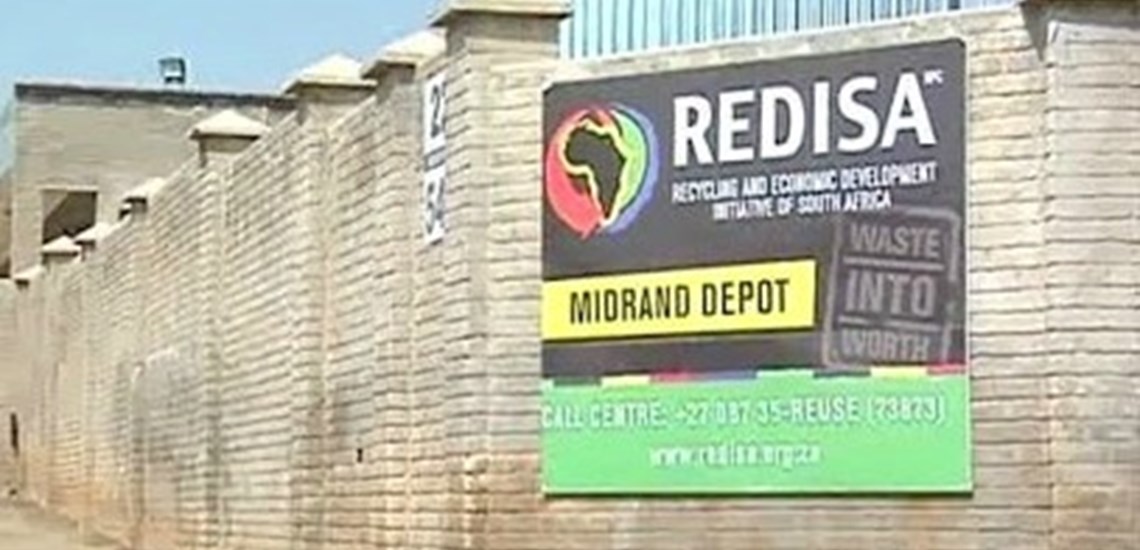South Africa’s tyre recycling project, marred by allegations of widespread corruption, has been given a clean bill of health by the South African Supreme Court of Appeal.
REDISA Board Vindicated by Supreme Court
The court has overturned final liquidation orders of the Recycling and Economic Development Initiative of SA (REDISA), granted in 2017 at the behest of then environmental affairs minister Edna Molewa. However, the judgment was not without dissension.
While the majority of the judges said the minister was not justified in approaching the courts because there was no proof of any wrongdoing by the directors of REDISA and its managing partner Kusaga Taka Consulting (KT), one judge completely disagreed.
Judge Mahube Molemela, questioned how her fellow judges had found no issue with the fact that one of the directors was earning more than R4m a year.
When the minister launched the liquidation proceedings against the two companies — both liquid at the time —it was said REDISA had collected about R2bn from the tyre industry from the environmental levy of R2.30 (plus VAT) on all tyres since 2012.
Its job was to create a national network for collecting, storing and delivering used tyres to recyclers and, as per the deal, KT was appointed as the management company.
In November 2017, three weeks after the minister praised the project publicly as “an important case study on how to turn waste into worth”, she went to court and got ex-parte urgent provisional liquidation orders against both companies. They were finally wound up in September that year.
REDISA and KT appealed. In their appeal, their directors said they had done no wrong, and the minister had failed to disclose all the facts.
The minister alleged that REDISA directors had not disclosed their “indirect” shareholding in KT and said they were using this as their vehicle to “unlawfully channel funds for their personal benefit”.
But the directors said — and the majority judgment found — that they had declared their interests in KT and that KT’s management fee was 18 per cent of the total levy, less than the 20 per cent allowed by the plan.
The judges said the minister did not have “sufficient” concerns to act urgently and her “skewed disclosures” and non-disclosures were extensive. She was “wrong” to allege an alarming and sinister dissipation of cash.
“REDISA directors’ remuneration was set by an independent committee. They were not excessively remunerated,” the judges said.
But Molemela said she would have dismissed the appeal with costs and disagreed with every point taken by her colleagues on the bench.




















